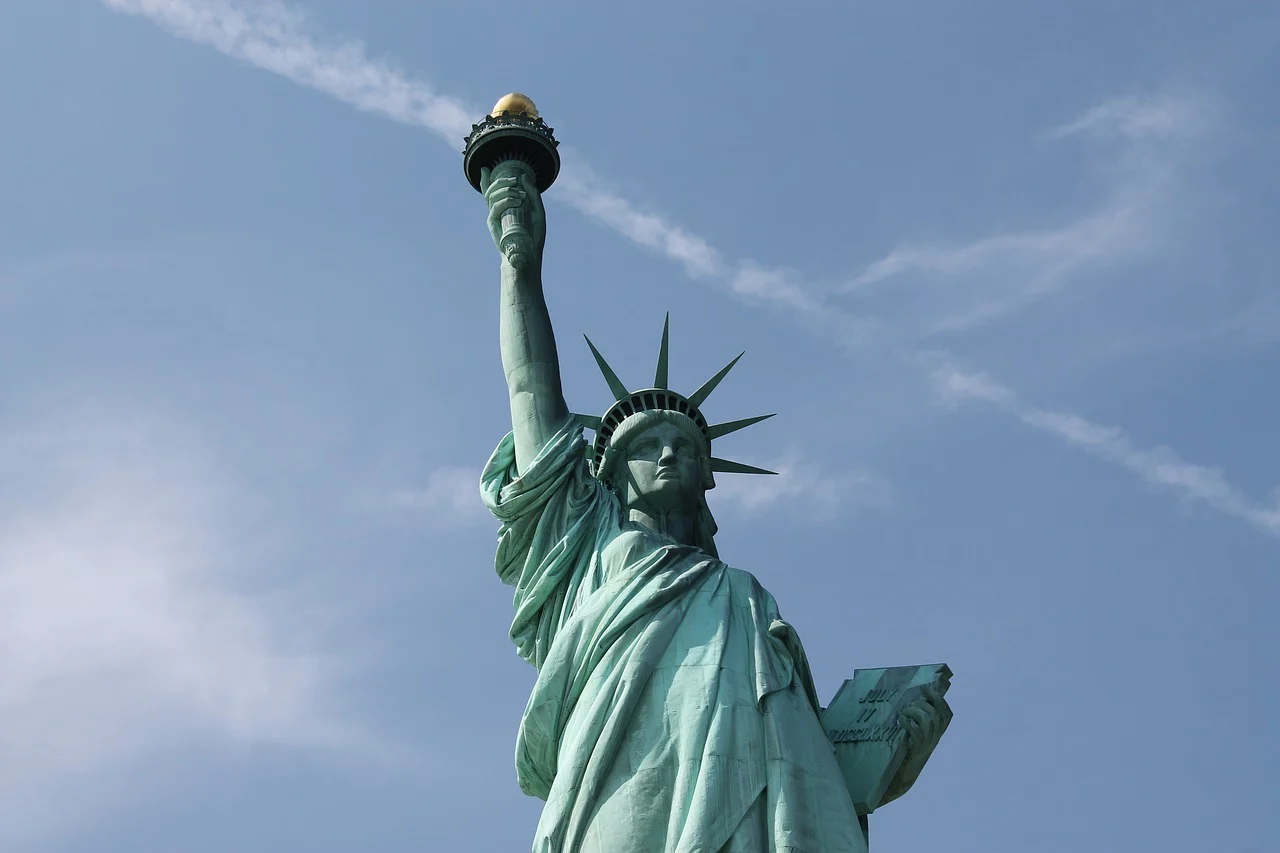
When I learned about the Holocaust as a child, I had a recurring thought I could not shake. If my grandparents had not come to this country as refugees, they and their children would have perished as part of the genocide that killed six million Jews. Had they not fled their small shtetls (villages) in Lithuania to escape attacks by Cossacks, oppression, grinding poverty, and 20-year army service for my grandfathers, I would not exist.
The current Ukrainian refugee crisis reminds me that my grandparents were refugees who left their families and the only homes they had known to come to America in the beginning of the 20th century.
The current Ukrainian refugee crisis reminds me that my grandparents were refugees, driven from their families and the only homes they had known by poverty, pogroms, and persecution to come to America in the beginning of the 20th century. According to the records for some of them who came through Ellis Island, they had no money and a name of someone they didn’t really know. They had no way to earn a living in a strange country in which they didn’t speak the language. These are their stories.
In Road Trip to Cleveland, I shared part of my maternal grandfather Philip Krut’s journey from his home in Novo Alexandraska (Alexandrovska), Lithuania. The Jews there were very poor, and, although some of them were craftsmen, most of them earned money during Tuesday market days, when they would walk among the peasants peddling food. In 1902, when Philip was ten, his mother died and his father remarried. He was sent to his uncle’s home in Riga by himself to be an apprentice to a tailor. Philip’s eldest brother, Louis, had come to America first and brought him there in 1912 to escape his hard life as well as serving in the Lithuanian army.
My maternal grandmother, Alice Klavir Krut, lived in a shtetl called Dusat in Lithuania. Alice’s paternal grandfather was a klezmer (violinst) who played at weddings. Her given last name of Klavir is thought to come from the German name for piano (klavier), so there must have been musicians in her lineage. After her father’s first wife died, leaving him with three daughters, he married Alice’s mother, Liba Sheva Klem, for whom I am named. They had five more girls before she finally gave birth to a son. Needless to say, they were very poor. Her father couldn’t make enough money to support his nine children and died of a lung disease in 1909. My grandmother emigrated to America with her mother. When Alice came to America, she only spoke Yiddish and had no formal education. She soon met and married Philip and went on to spend her life cooking and cleaning.
My paternal grandfather, Philip Levine, came from an old Jewish Lithuanian settlement called Kupishok in Yiddish. Most of the Jews who lived there were trades people. Philip was the youngest of ten children born over a 30-year period. There were three siblings were from a first marriage. The third son from that group of siblings, David, was struck in the head by Cossacks in a Pogrom in 1905 and lived in a coma, dying in 1906. Because his father was 60 when Philip was born and died a couple of years later, my grandfather did not remember him. His widowed mother was very poor and he helped her run a roadside stand in their village, selling whiskey to the soldiers to make a living. Philip’s sisters had already emigrated to New York and one of them sponsored him. He arrived in Philadelphia in 1913 on the Carpathia (the ship that rescued some of the Titanic survivors the year before) and made his way to New York, where he got a little education in night school. Through family connections, he ended up in Michigan, where there were landsmen (Yiddish for people from your shtetl) who helped him find work.
My paternal grandmother’s family name was Beerzh (known as Rosenberg in America), and they came from Ponedel (Yiddish name), Lithuania. Although a chain of other small villages surrounded Ponedel and its landscape was beautiful, with many orchards and gardens, my grandmother’s family lived in poverty. Like most other Jews, they earned money at the market place where they were shopkeepers or traders peddling their wares. My grandmother’s given name was Chaya Gittel. After she came to Boston from Lithuania, she became Ida Rosenberg, losing both her name and her country. She emigrated by herself in 1912 when she was 14 years old, sponsored by her sister Fannie, who was already married, had several children, and was quite poor. Fannie used Ida as a housemaid and babysitter, so she never had the opportunity to get a formal education except for going to an immigrants’ night school to learn English. She learned to write and read at a very basic level on her own but never got the chance to develop her intellect and ability, which were considerable.
I’m lucky our country was more open to immigrants and refugees in the early part of the 20th century when my grandparents came. They not only escaped the Holocaust, unlike several family members who decided to remain in Lithuania, but they also had children, grandchildren, and great-grandchildren who thrived and made contributions to their new country. As I write this, there are almost 5 million Ukrainian refugees, the largest crisis since World War II. Some have joined the hundreds of thousands of asylum seekers waiting at our Mexican border. President Biden has said America will take 100,000 Ukrainian refugees, but there is no plan yet in place.
The Emma Lazarus poem on the base of the Statue of Liberty reads in part,
“Give me your tired, your poor,
Your huddled masses yearning to breathe free,
The wretched refuse of your teeming shore.
Send these, the homeless, tempest-tost to me,
I lift my lamp beside the golden door!”
Lovely sentiment, but not happening these days.
Boomer. Educator. Advocate. Eclectic topics: grandkids, special needs, values, aging, loss, & whatever. Author: Terribly Strange and Wonderfully Real.


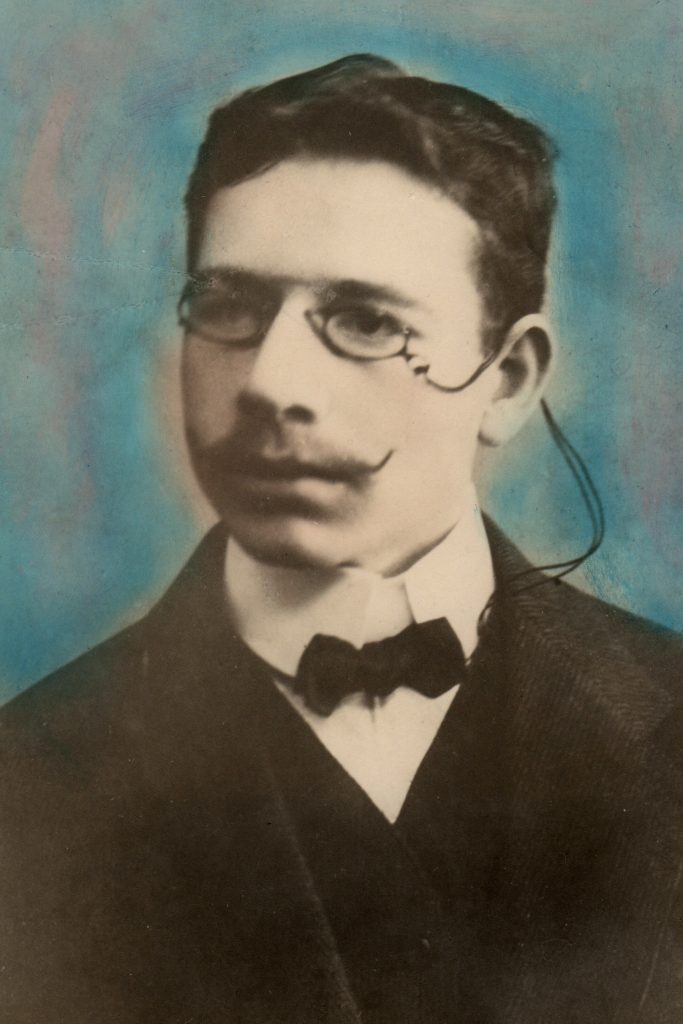
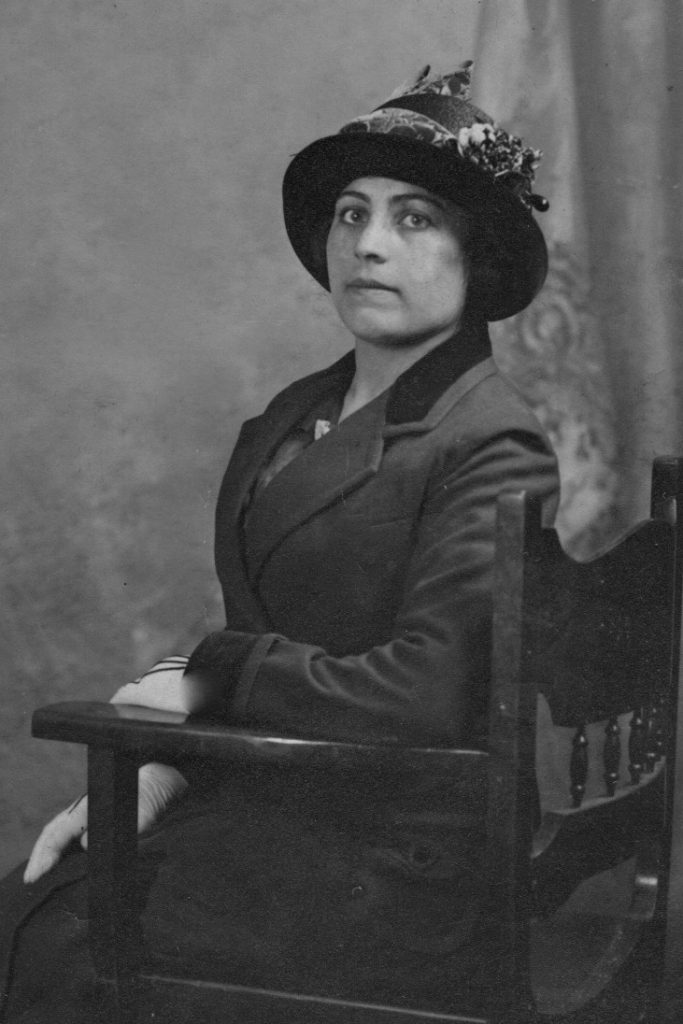
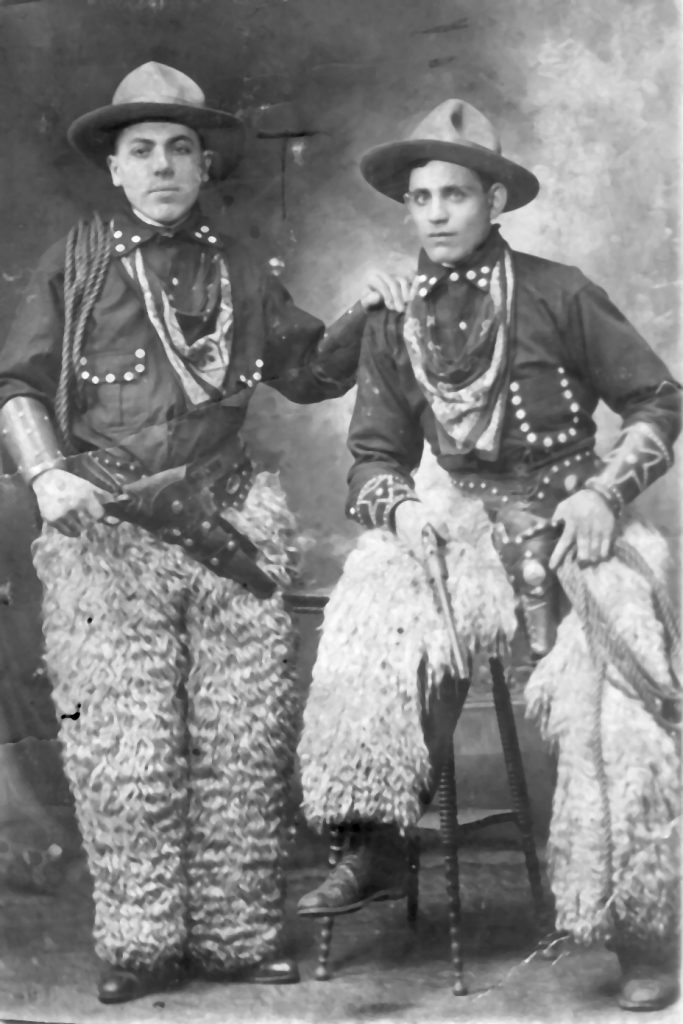
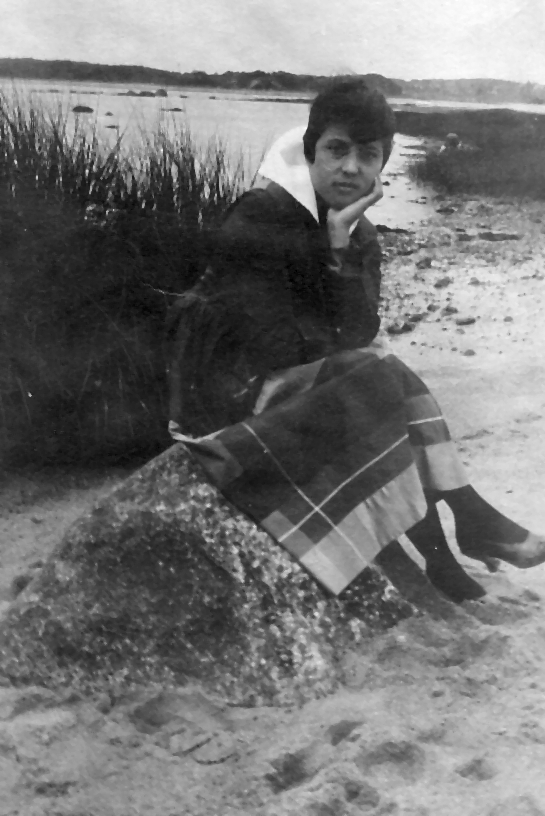

Laurie, how lucky to know so many names, dates and facts from your family’s history.
I greatly regret I didn’t question my grandparents more about their experiences which were surely much the same as yours – both my maternal and paternal grandparents came from Eastern European at that time, my father’s parents from Ukraine.
And by chance we watched the DiCaprio Titanic film on TV recently and were reminded that a friend’s mother had come from Europe on the Carpathia.
And watching the Ukrainian horror I think, there but for grace go I.
Me too, Dana. What I know came from my mother and her sister making tape recordings of the little they knew. My father became interested in genealogy near the end of his life and shared these stories with me. Wish I had thought to ask my grandparents directly.
Thank you for sharing all these moving stories, Laurie. And for reminded us of Emma Lazarus’ moving words, which are supposed to greet the new immigrants to America. As you say, it is just not happening now, even with Ukrainians. (And can you imagine if they had brown skins?) So sad…..
You raise an important point, John. I’m sure the blond and white Ukrainians will have an easier time in the long run than the many other refegees who are people of color.
It is so wonderful that you have the stories still in your family, and thanks for sharing them and keeping the history alive. So impressive how their descendants have thrived, including you. People need a chance. I always loved the sentiments Emma Lazarus put into her poem—if only they rang more true.
When we keep refugees from seeking asylum here, we lose so much. It’s sad that there are jobs no one wants to do and people who would happily do them if given a chance. We don’t need more walls. We need to build bridges.
Thank you for sharing so much about all your ancestors, Laurie. These are difficult stories, but at least they got to this country. They were poor and ill-cared for in the shtetls of the old country, but it seems, their lives were not much easier here. At least they didn’t live in constant fear of pogroms and they did escape the Holocaust. That’s something.
They worked hard and spawned generations that came to include you and for that we can all be grateful.
Despite their struggles, their lives eventually were much better here. Wish we could open our doors to more refugees, as they would add so much to our country.
As others have said, it’s great that you know so many details about your grandparents. All of us Ashkenazi Jews have similar stories. We are lucky that our grandparents came to this country when they did. Have you been to Ellis Island? I have taken my kids there several times. There’s a wonderful museum, which you get to by first taking the ferry to the Statue of Liberty, and then the next stop is Ellis Island.
Yes, we did go to Ellis Island and found it to be fascinating. Took our kids there too. I am lucky to know what I know, but I still wish I had thought to ask my grandparents about their journeys here and their life before they came. I guess when we are young, it doesn’t occur to us to ask.
There are so many parallels between your background and mine, Laurie, even that my paternal grandmother’s name was Levine, and her father came to Odessa from Lithuania because of the poverty there. He then went to New York to make money, with a plan to return, but horrid pogroms happened, and my great-grandmother, grandmother, and great uncle fled to America in 1906.
Perhaps we are related. LOL, as that wasn’t the real family name. I think when they emigrated her, lots of Jewish people were given the same last name.
A sweet and also sad story, as so many immigrant and refugee tales are.
I LOVE the picture of your grandfather in the cowboy costume. I imagine him turning to the other guy in the photo and saying “I think we have been grossly misinformed about American customs…”
I also love that picture, Dave. It makes me smile when I imagine how he and his friend took it. They must have thought they looked like tru Americans. They did have guns, so maybe they were on the right track.